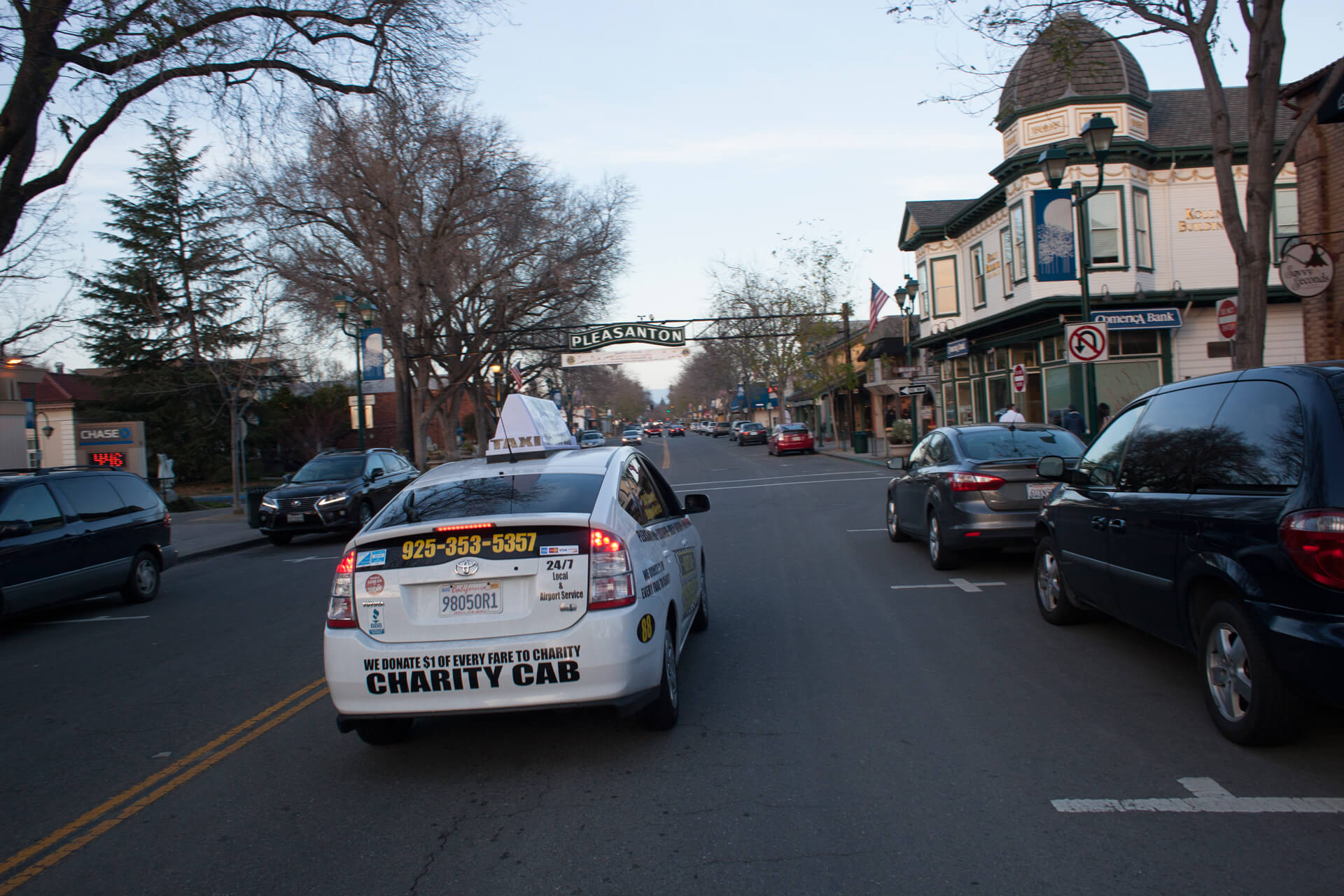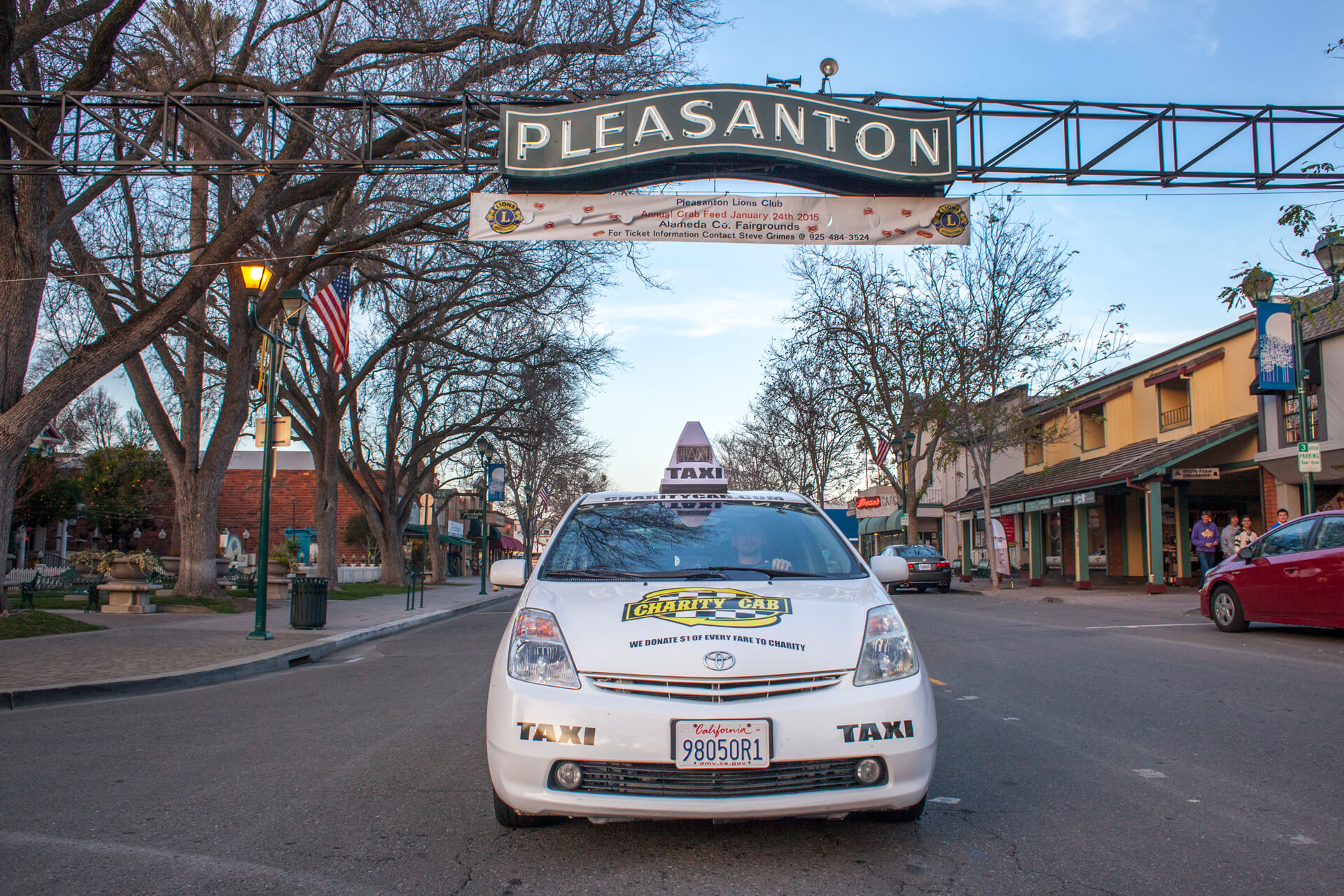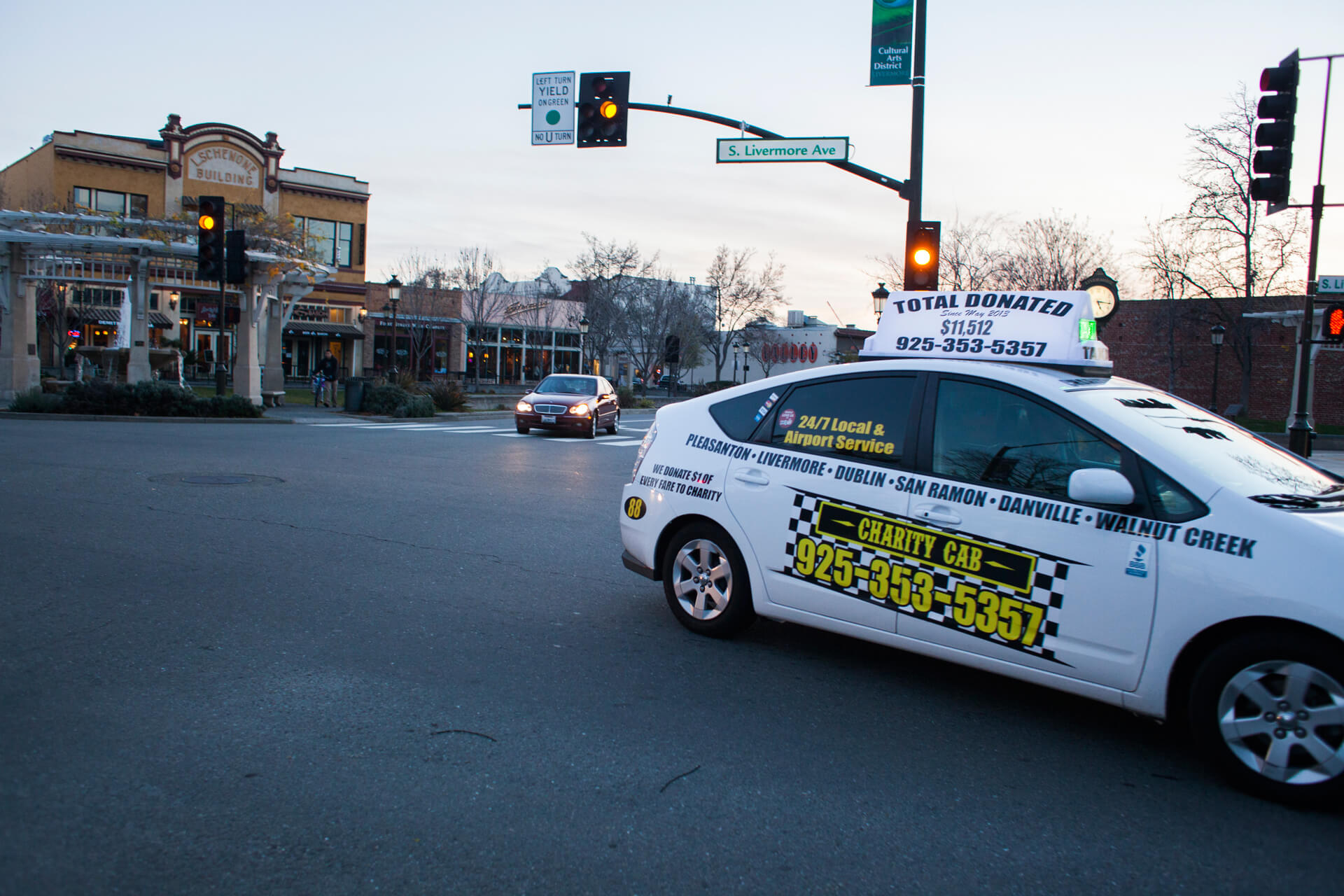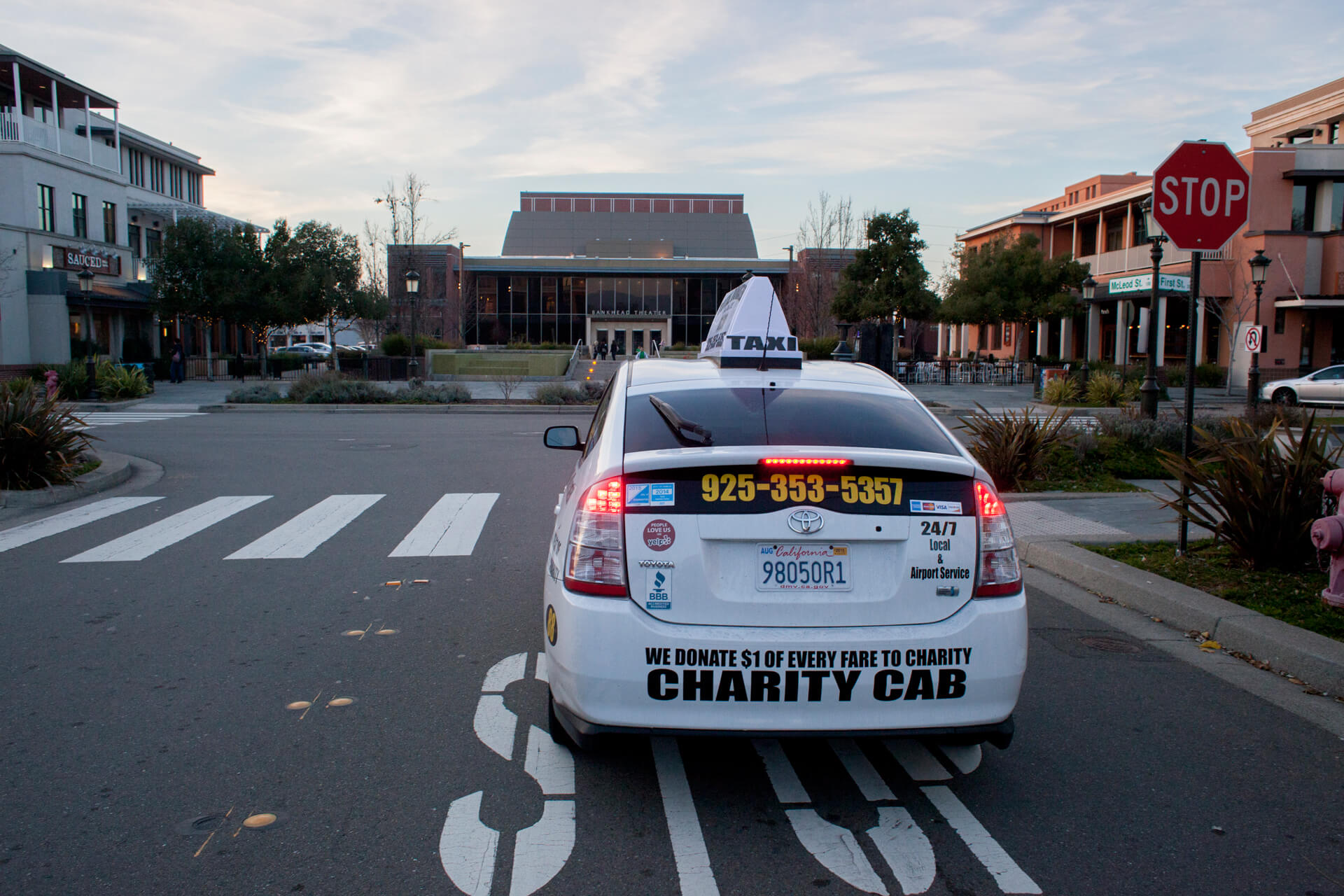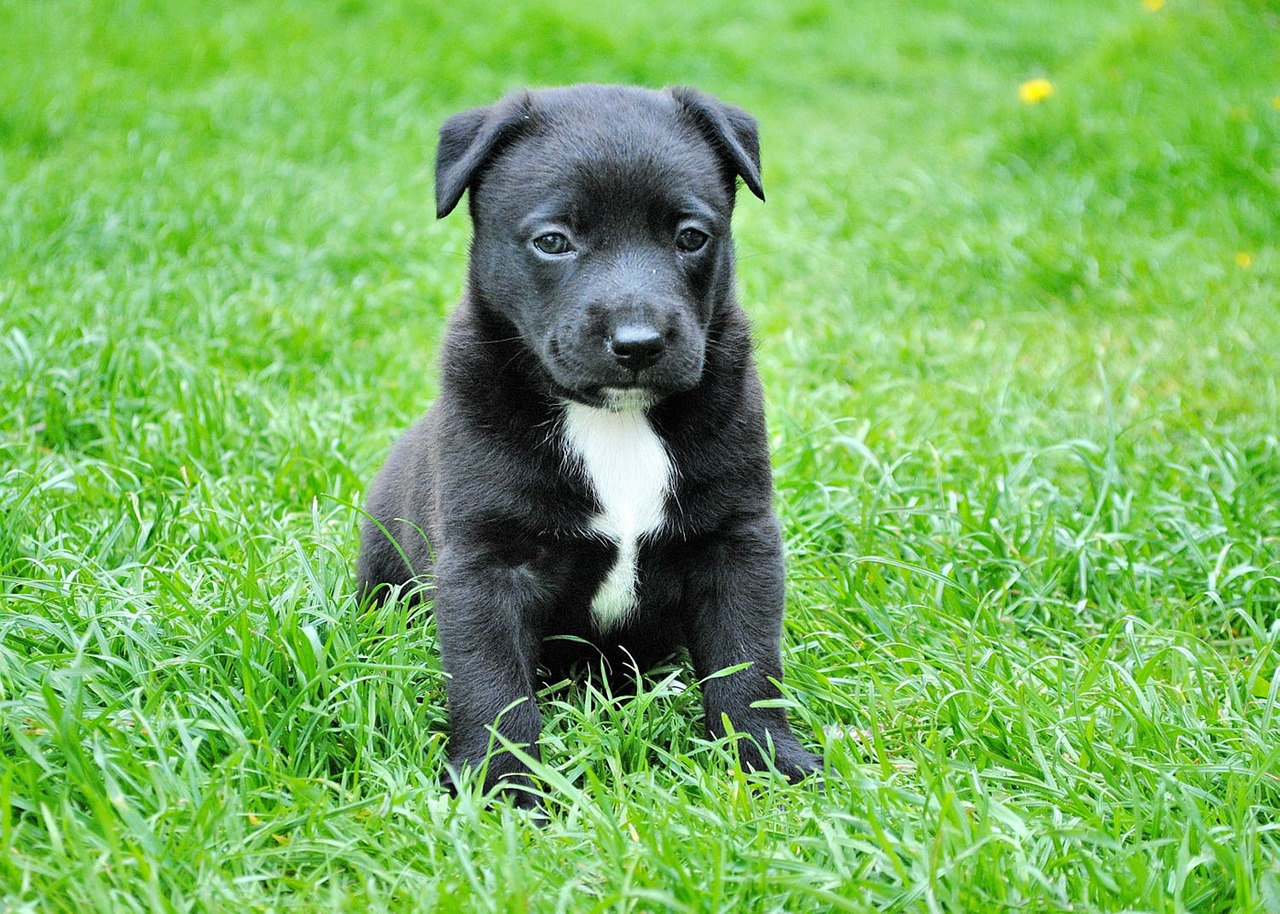Do Dogs Get Homesick During Travel?
As a Tri-Valley taxi company, it’s not just humans that we help transport these days, but their little dogs, too! More and more people are bringing their pets along for the ride, whether it’s by plane, train, or automobile. If you’re setting out on an epic adventure this summer with your dog as your travel companion, you might wonder – if humans can get homesick can dogs get homesick during travel, too? The answer is yes, they definitely can.
Just like humans, dogs get used to their surroundings. They notice different smells, sounds, visuals, and will definitely notice if their favorite chew toys or humans aren’t within range. If you’re traveling with your dog, but one or more members of your household is staying behind, your dog will notice. And, depending on how bonded your dog is with those people, he or she may or may not show signs of depression, anxiety, and general homesickness.
Does that mean that you shouldn’t travel with your dog? Not necessarily. You just need to know how to properly manage your dog’s homesickness during travel.
What to Do to Ease Homesickness in Dogs
-
Crate train your dog.
Some owners are reluctant to crate train their dogs because they think it’s mean or that the dog would rather sleep on the bed with the owner. In reality, your dog will sleep anywhere as long as he or she feels safe (really, it’s just the owner that wants the dog to sleep on the bed, not the other way around). If you establish early on that their crate is a safe place to sleep or eat, then your dog will not have any anxiety about being in it.
And you know what else is cool? This means that a crate trained dog can feel at home anywhere – as long as the crate comes, too. If you bring your crate with you on your vacation, it is less likely that your dog will get homesick during travel.
-
Give him something that smells like you.
If you are worried that your dog will cry, bark, or whine if you have to leave the room for the day, then you can give him something that smells like you. This helps reassure your dog that you will come back, and also provides him with something familiar for comfort. This is especially important if you’re staying in a totally foreign place, like a hotel room with lots of other smells.
-
Have plenty of chew toys.
If your dog gets anxious or homesick during travel, it’s important that she has somewhere to place that anxiety. Give her lots of her familiar chew toys to occupy her time with, especially if she’ll be alone for periods throughout the day. This also helps to create familiar surroundings, since she’s used to having toys around her when at home.
-
Practice being apart.
Don’t just leave on vacation and expect your dog to think it’s totally normal to be away from one or more of his human companions. It’s important to practice being apart from your dog for small periods of time before officially traveling. When your dog sees that you can leave for a few hours and still come back, he’ll have less anxiety and homesickness on the road. This is a good time to practice crate training, too.
-
Stay active.
A surefire way to combat homesickness in your dog is to make sure that she stays active. Don’t just keep her holed up in a hotel room all day – take her out for walks and adventures every day so she sees traveling as something fun. And make sure to keep up with regular routines, such as feeding schedules, so that your dog doesn’t have too much pent up energy.
If your dog is suffering from extreme homesickness, depression, or anxiety when you travel, it doesn’t hurt to consult your veterinarian. They’ll likely have some handy tips for traveling with your dog, and can also prescribe you with medications to combat motion sickness and travel anxiety if your dog gets homesick.
Do You Travel With Your Dog?
Do you have a dog that gets homesick during travel? Share your tips for handling your sad pup below. And if you are ever in need of airport transportation with or without your dog we offer Pleasanton to SFO, Pleasanton to OAK, Pleasanton to SJC and cover the entire tri-valley area.

